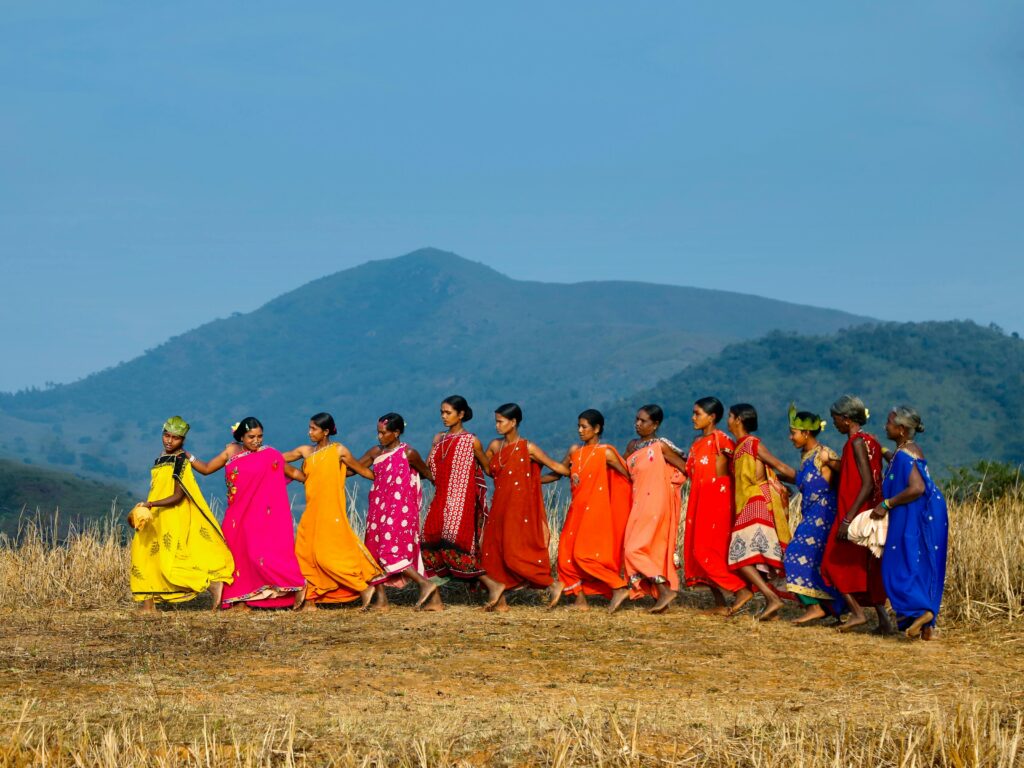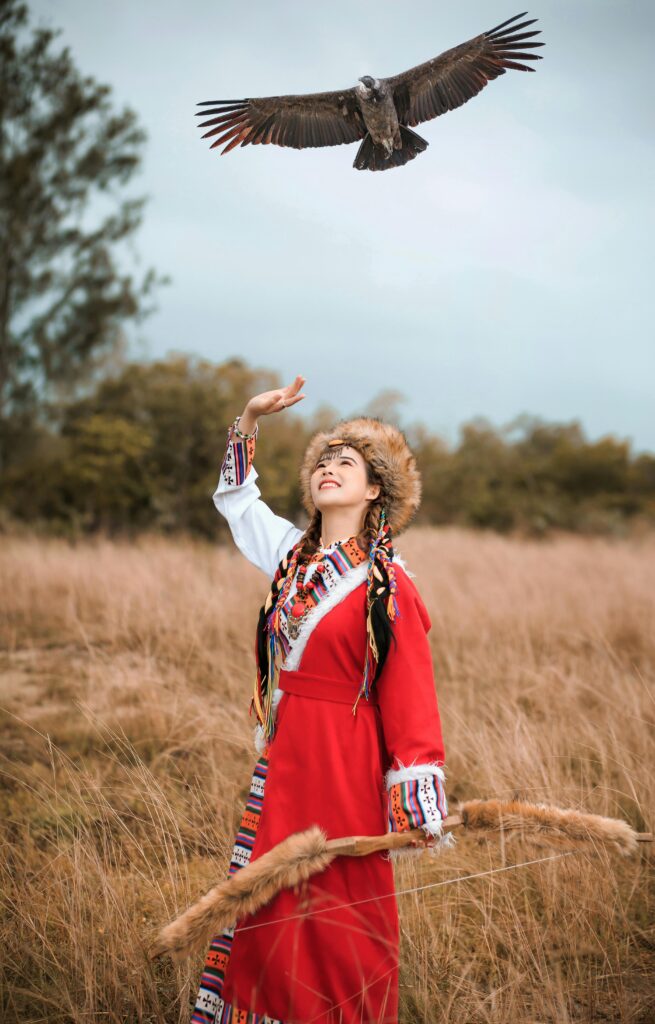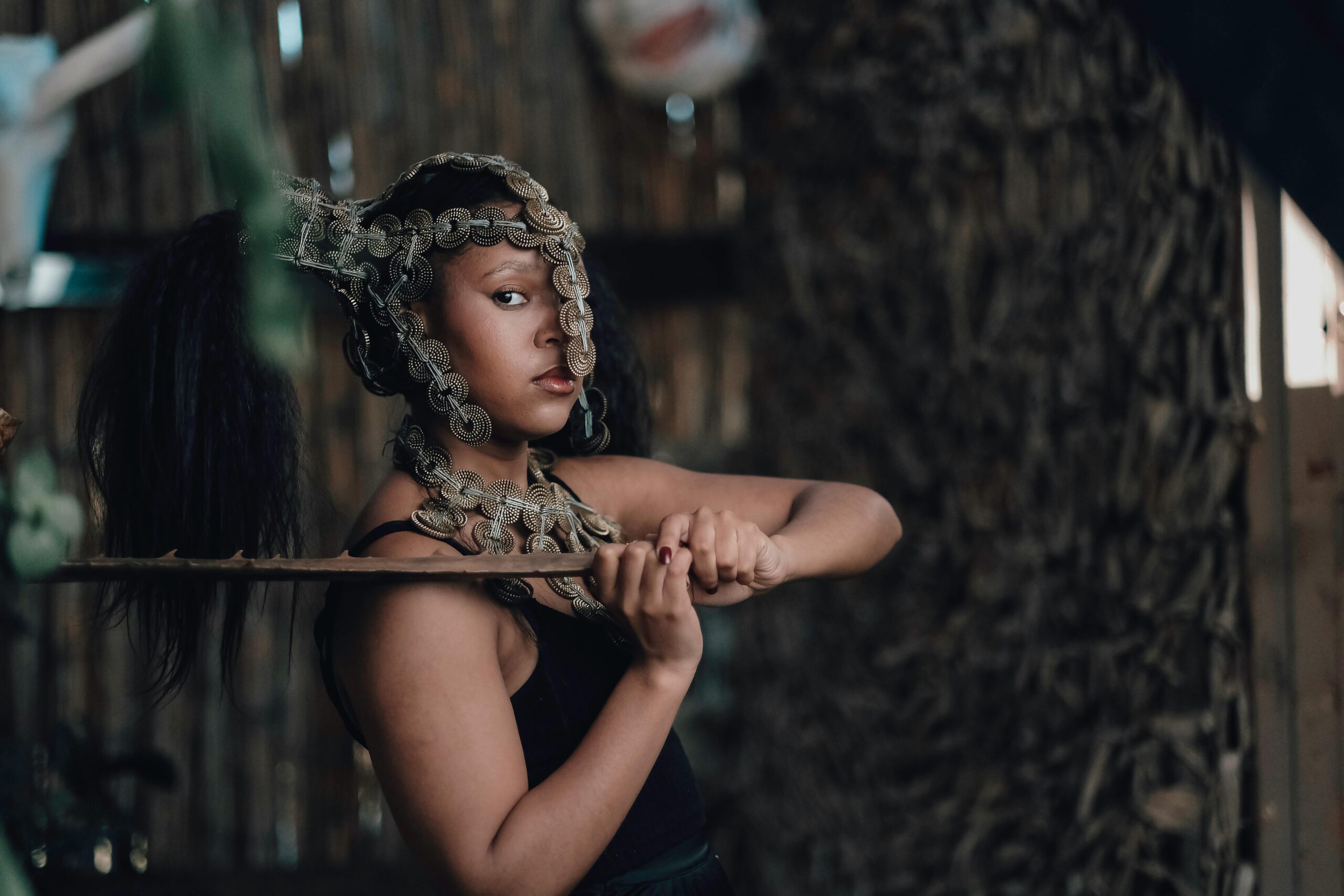Cambridge, Massachusetts, is stepping into its rich Indigenous past with a groundbreaking initiative to celebrate the Massachusett people’s history. The city recently unveiled bilingual street signs featuring translations in the Massachusett language alongside English, marking a powerful step toward honoring the region’s Native heritage. This effort, which began with numbered streets in East Cambridge, reflects a growing commitment to preserving and educating the public about Indigenous culture.

A Legacy Long Overlooked
Before Cambridge became a hub of innovation and academia, it was the ancestral land of the Massachusett people. They called the area “Anmoughcawgen,” which translates to “fishing weir” or “beaver dam,” reflecting their connection to the land. Despite centuries of colonization, their presence endures in place names, oral traditions, and cultural practices that deserve greater recognition.
The bilingual street signs aim to make this history visible and celebrated. By featuring translations in the Massachusett language, the city is not only preserving the language but also ensuring that the stories of the Massachusett people remain a central part of the city’s identity.
How the Project Came to Life
This initiative grew out of Cambridge’s participatory budgeting process in 2021, where community members pitched and voted on public projects. The proposal for Indigenous language street signs received overwhelming support, securing funding to proceed.
In collaboration with Indigenous leaders, linguists, and local historians, the city identified First through Eighth Streets in East Cambridge as the pilot area for the project. Each sign’s translation underwent rigorous linguistic and cultural review, ensuring accuracy and respect for the Massachusett language.
To accompany the signage, Cambridge launched an educational website featuring audio guides and historical context. This resource allows residents and visitors to learn the proper pronunciation of street names and explore the stories behind them.

A Collaborative Effort
The project is a testament to the power of collaboration. Indigenous advocates and scholars have worked closely with the city to ensure the effort reflects authenticity and honors the Massachusett people. Local organizations like History Cambridge have played an essential role, offering resources through the Indigenous Peoples History Hub to educate the public about Cambridge’s Native past.
Looking Ahead
The bilingual signs are just the beginning. Cambridge plans to expand this initiative, adding historical markers at significant Indigenous sites and updating signage at public spaces to include Native languages. These efforts align with major upcoming anniversaries, including the U.S.’s 250th anniversary in 2026 and Cambridge’s 400th anniversary in 2030, ensuring that Indigenous stories are part of these commemorations.

Frequently Asked Questions
1. Why focus on the Massachusett language?
The Massachusett language, part of the Algonquian family, is deeply tied to the region’s history and culture. Reviving it through public signage helps preserve this endangered language and celebrates the heritage of the Massachusett people.
2. How were the street names translated?
The translations were done with input from Indigenous language experts and the Massachusett community, ensuring that the meanings and pronunciations are culturally and linguistically accurate.
3. Will more signs be added in the future?
Yes! Cambridge plans to expand the project to more streets and public spaces, further embedding Indigenous culture into the cityscape.
4. How can I learn more about Indigenous history in Cambridge?
Visit the Indigenous Peoples History Hub by History Cambridge, which offers resources on the Massachusett people and their contributions to the region.
5. What else is Cambridge doing to honor Indigenous heritage?
In addition to the signs, the city observes Indigenous Peoples’ Day and is planning more projects, such as adding educational markers at historical sites.
A Path Toward Recognition and Respect
Cambridge’s bilingual signage project is a model for how cities can honor Indigenous histories and cultures in meaningful ways. By making the Massachusett language a visible part of daily life, the city is acknowledging the region’s original inhabitants and fostering a deeper connection to its past. This initiative reminds us all that honoring history is not just about remembering—it’s about making it a living, breathing part of the present.
Sources Boston Globe


